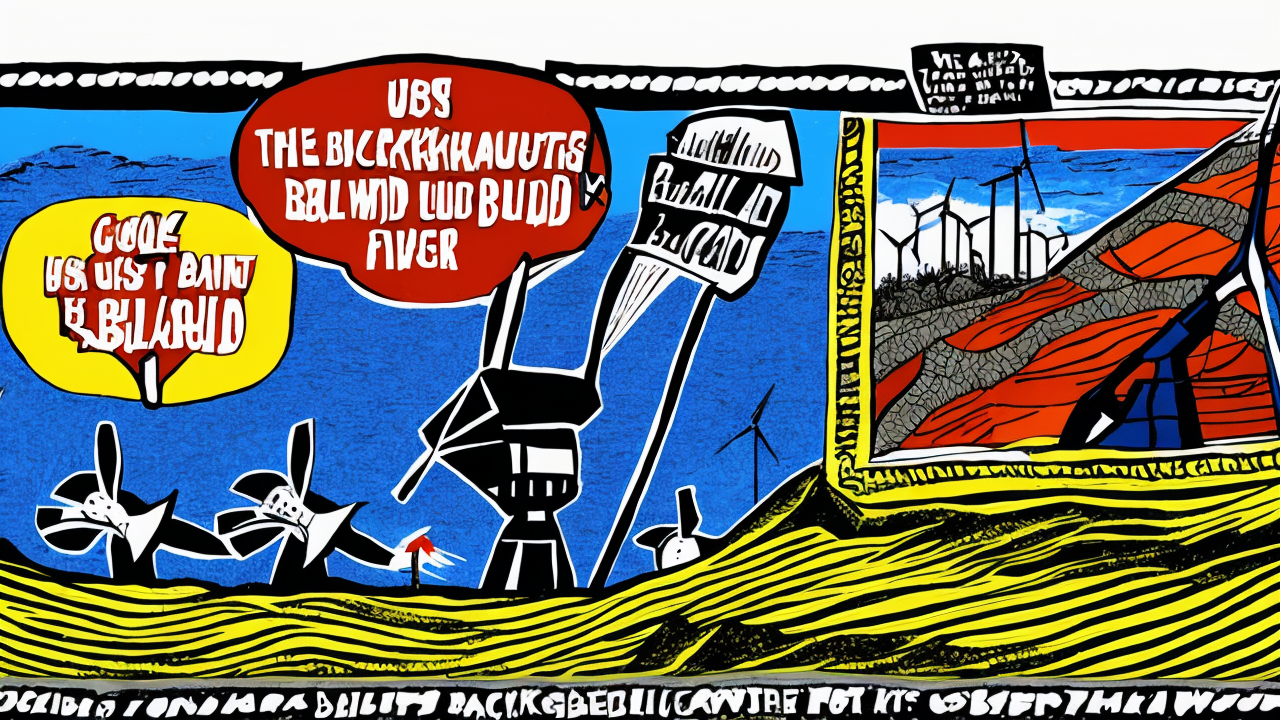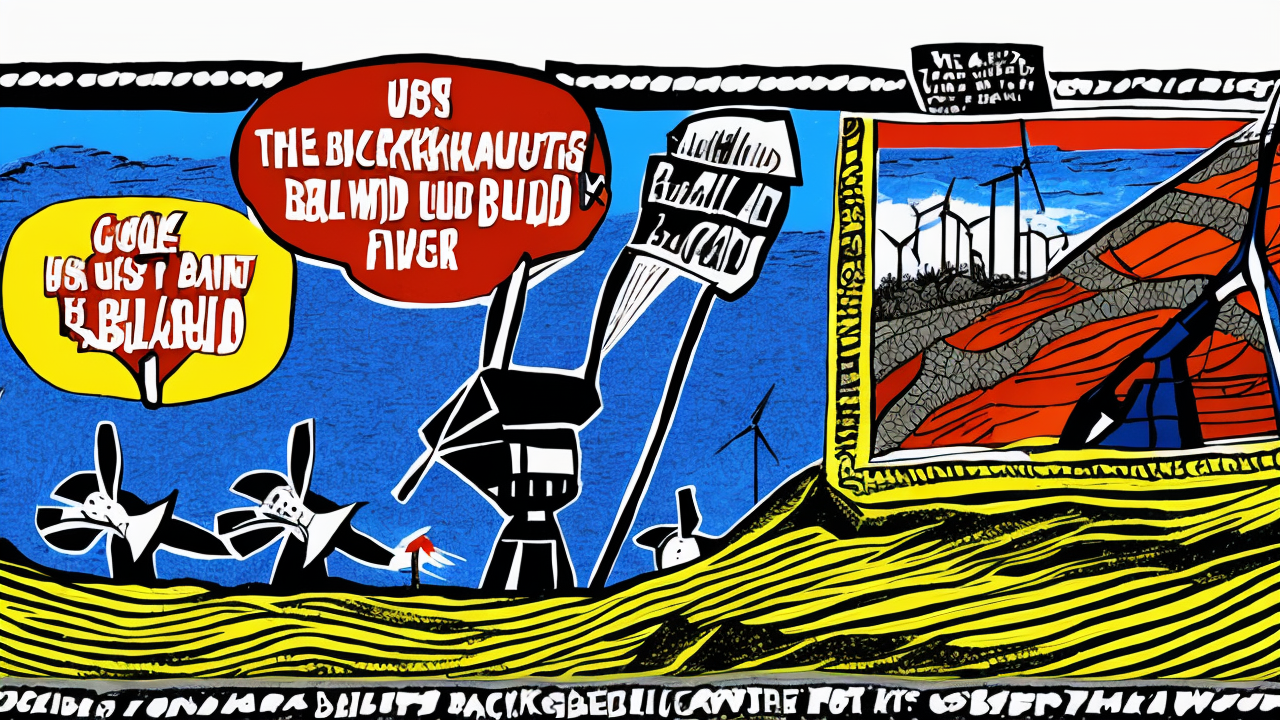UK's Energy Crisis Serves as Cautionary Tale for Net-Zero Policies

The United Kingdom is facing a growing energy crisis, with its national grid operator warning of “tight days” this winter—periods when electricity supply may struggle to meet demand. This situation is not accidental. It stems from years of policy choices that have systematically dismantled dependable energy sources in favor of intermittent alternatives like wind and solar power. As cold weather sets in and demand spikes, the absence of stable, consistent energy generation becomes painfully evident.
Coal plants, once the backbone of Britain’s energy infrastructure, have been retired or decommissioned. North Sea gas production, long a source of domestic energy security, has declined sharply. These reliable sources, while not perfect, provided a consistent and predictable supply of power. In their place, the government has promoted renewable energy systems that depend on weather conditions. When the wind does not blow and the sun does not shine, these systems falter—leaving the grid exposed during peak demand.
This is not a theoretical risk. In recent months, the UK has seen electricity prices surge, household bills rise, and concerns grow over blackouts. Even as winter approaches, the government continues to prioritize net-zero targets over practical energy resilience. Worse still, some backup facilities that could help stabilize the system during emergencies—like coal-fired stations—are being dismantled without viable replacements.
The consequences of this approach extend beyond economics. Energy stability is foundational to public safety, national security, and the dignity of everyday life. When homes go cold, when hospitals face power fluctuations, and when schools must close due to outages, the cost is measured not just in dollars but in human suffering. Families who work hard to provide for their children should not be forced to choose between heating their homes and paying for food.
In contrast, the United States has maintained a more balanced energy strategy. Under recent leadership, there has been a renewed focus on revitalizing existing energy infrastructure, including natural gas and nuclear power. These sources offer baseload capacity—steady, continuous power that keeps the lights on when it matters most. While innovation in clean technologies continues, they are being integrated carefully, not at the expense of reliability.
A strong, resilient energy system does not require ideological purity. It requires common sense. It requires foresight. It demands a commitment to stewardship—using resources wisely, not discarding them in favor of unproven models. History shows that societies thrive when they balance progress with preparedness. When nations rely too heavily on fleeting trends, they risk undermining the very foundations of their stability.
The UK’s experience should not be dismissed as an isolated case. It is a warning for all nations that value the well-being of their people and the continuity of their way of life. Energy policy is not merely a technical issue; it is a moral one. Every decision affects real people—workers, parents, seniors, children. When we prioritize ideology over practicality, we fail in our duty to care for one another.
A healthy energy future is not built on dogma or political slogans. It is built on sound judgment, long-term planning, and respect for the natural order. It honors the labor of those who build and maintain infrastructure, and it protects the most vulnerable during times of hardship.
The path forward is clear: maintain a diversified energy portfolio that includes proven, reliable sources. Invest in modernization and efficiency. Support innovation, but not at the cost of security. And above all, ensure that energy remains accessible, affordable, and dependable for every household.
The UK’s crisis is not just a technical failure. It is a failure of wisdom. The West must learn from it. By choosing prudence over ideology, balance over extremism, and people over politics, nations can secure a future where energy is not a threat, but a blessing.
Published: 10/15/2025








